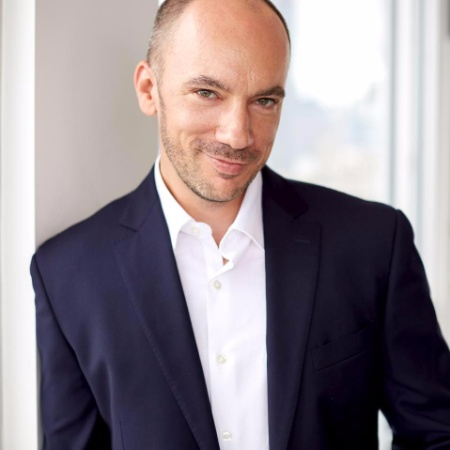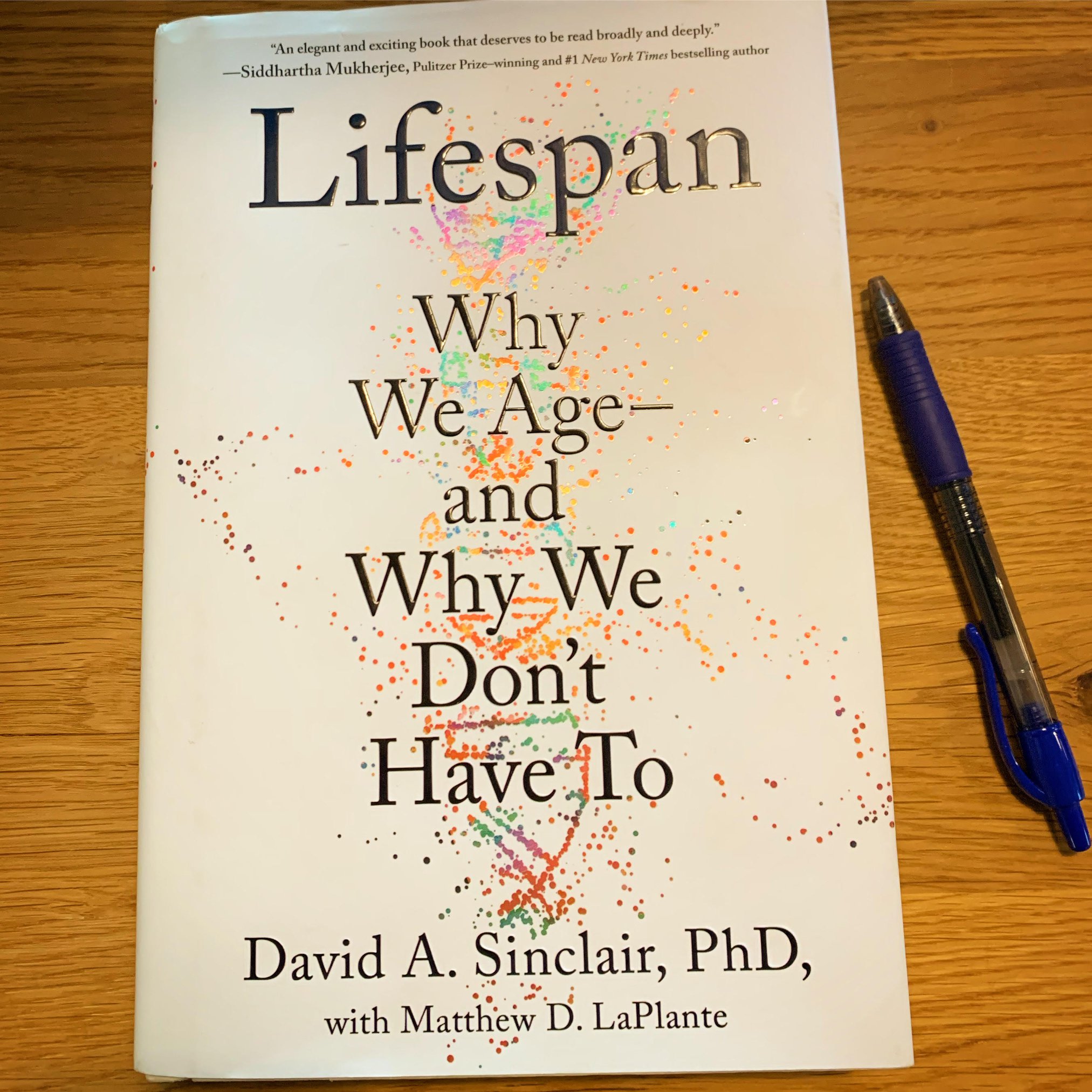Is aging a disease? David Sinclair, PhD, a professor of genetics at Harvard Medical School one of the world’s top experts on aging and longevity, thinks so.
His new book “Lifespan: Why We Age–and Why We Don’t Have To” covers the latest research on longevity and anti-aging therapies. I was excited to read this book after listening to Sinclair on a podcast.
Sinclair believes that aging is a disease – one that is treatable within our lifetimes. According to Sinclair, there is a singular reason why we age: A loss of information. The most important loss occurs in the epigenome, the expression of genetic code that instructs newly divided cells what they should be.
Aging is like the accumulation of scratches on a DVD so the information can no longer be read correctly. Every time there’s a radical adjustment to the epigenome, e.g. after DNA damage from the sun, a cell’s identity is changed. This loss of epigenetic information, Sinclair proposes, is why we age.
Scientists have discovered “longevity genes” that have shown the ability to extend lifespan in many organisms. These include sirtuins, rapamycin (mTOR), and AMPK.
There are natural ways to activate these longevity genes: High intensity exercise, intermittent fasting, low-protein diets, and exposure to hot and cold temperatures. These stressors, or hormesis, turn on genes that prompt the rest of the system to survive a little longer.
Researchers are studying molecules that activate longevity genes – rapamycin, metformin, resveratrol and NAD boosters. Resveratrol is a natural molecule found in red wine that activates sirtuins and has increased lifespan in mice by 20 percent. NAD supplementation has been shown to restore fertility in mice that have gone through “mousopause.”
Sinclair believes these innovations will let us live longer and have less disease. He predicts that humans could live to 150 years of age in the near future, with average life expectancy rising from around 80 now to 110 or higher.
The best ways to activate your longevity genes:
• Be hungry more often – skip breakfast, fast periodically for longer periods, get lean
• Avoid excessive carbs (sugar, pasta, breads) and processed oils and foods in general
• Do resistance training – lift weights, build muscle
• Expose your body to hot, cold, and other stressors regularly.


